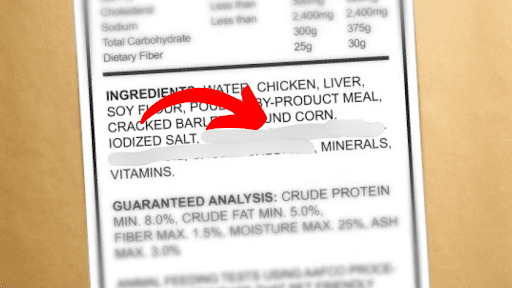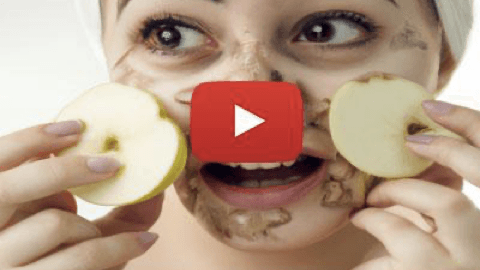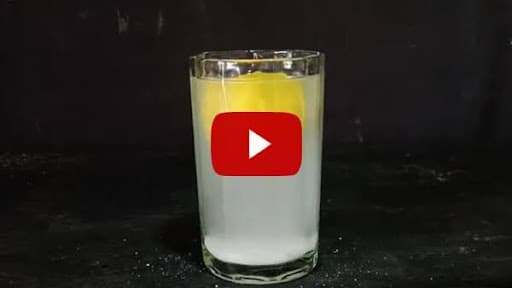Top 7 Superfoods that can HEAL your Kidney
Welcome, health enthusiasts, to a nourishing exploration of the seven superfoods that can transform your kidney health. These small, vital organs perform essential blood filtration, and the right diet can significantly impact their functionality, possibly warding off diseases.
Let’s kick off our countdown with a berry blast. Berries, including blueberries, strawberries, and raspberries, rank seventh on our list. These small fruits are a powerhouse of antioxidants, vitamins, and fiber. Their richness in anthocyanins may help protect against oxidative stress, effectively supporting kidney function.
Add them to smoothies, salads, or enjoy them plain for a deliciously healthy treat. Their simplicity and nutrition make them a must-have in any kidney-conscious diet.
Colorful and nutritious, red bell peppers hold the sixth spot. Being low in potassium yet abundant in vitamins like A, C, B6, and important nutrients like folic acid, they support not only kidney but overall health.
The lycopene content in red bell peppers contributes to cancer protection, allowing you to enjoy these raw, roasted, or cooked into your favorite meals for a crunchy nutrient boost.
Ranked fifth is cabbage, a humble-yet-nutritious addition valued for its high Vitamin K and C, accompanied by beneficial fiber. Low potassium levels make it ideal for those focusing on renal health.
Affordable and versatile, cabbage can be a staple in salads or soups, allowing you to maintain great health without a gourmet price tag.
Garlic, fourth on our list, doubles as a health enhancer. Known for anti-inflammatory and antioxidant properties, it diminishes kidney disease risks and boosts functionality.
Claiming the third spot, fish such as salmon, mackerel, and tuna rich in omega-3 have pivotal anti-inflammatory properties.
These fish not only protect the kidney’s health by lowering fat levels but also provide an easy-on-the-kidneys protein source, making them beneficial additions to a kidney-focused regimen.
Olive oil stands tall in the second position, celebrated for its heart-healthy and diuretic properties. The presence of polyphenols ensures anti-inflammatory benefits, presenting of smaller risks of chronic kidney diseases.
Switch out traditional oils for olive on salads or bread to make daily diet tweaks that help the kidneys flourish.
The crown of the countdown is bestowed upon watermelon. Known for balancing fluids through its high water content and rich potassium levels, watermelon proficiently prevents burden build-up on kidneys.
It enhances both hydration and protection against oxidative stress, offering a reaffirming treat during sizzling summer days.
By integrating these top seven superfoods in your dietary habits, you embark on a journey to preserve kidney function and, by extension, overall well-being. Prioritizing your kidneys promises as auspicious a move as safeguarding the health of your heart and brain.
At Healthy Habitat, we remain committed to enabling healthier lifestyles through superfoods, encouraging continued exploration of nutrition to transform well-being elves one strategy at a time. Continue staying informed and involve communities in this pursuit of wellness, and, together, forge a robust framework for health care – today, tomorrow, and onward.
From Around The Web
Wellness Inbox is a blog & weekly newsletter that curates trending news and products related to health and wellness from around the web. We also gather content from various sources, including leading health professionals, and deliver it directly to you.
Please note that we may receive compensation if you purchase any products featured in our newsletter. Wellness Inbox is not affiliated with, nor does it endorse, any health professionals whose content may appear in our newsletter. The information provided is for general informational purposes only and should not be considered medical advice.
The information provided is not intended to replace professional medical advice, diagnosis, or treatment. All content, including text, graphics, images, and information available is for general informational purposes only. We do not guarantee the accuracy or completeness of any information presented and assume no liability for any errors or omissions. The content is subject to change without notice. We encourage you to verify any information with other reliable sources and consult your physician regarding any medical conditions or treatments.







